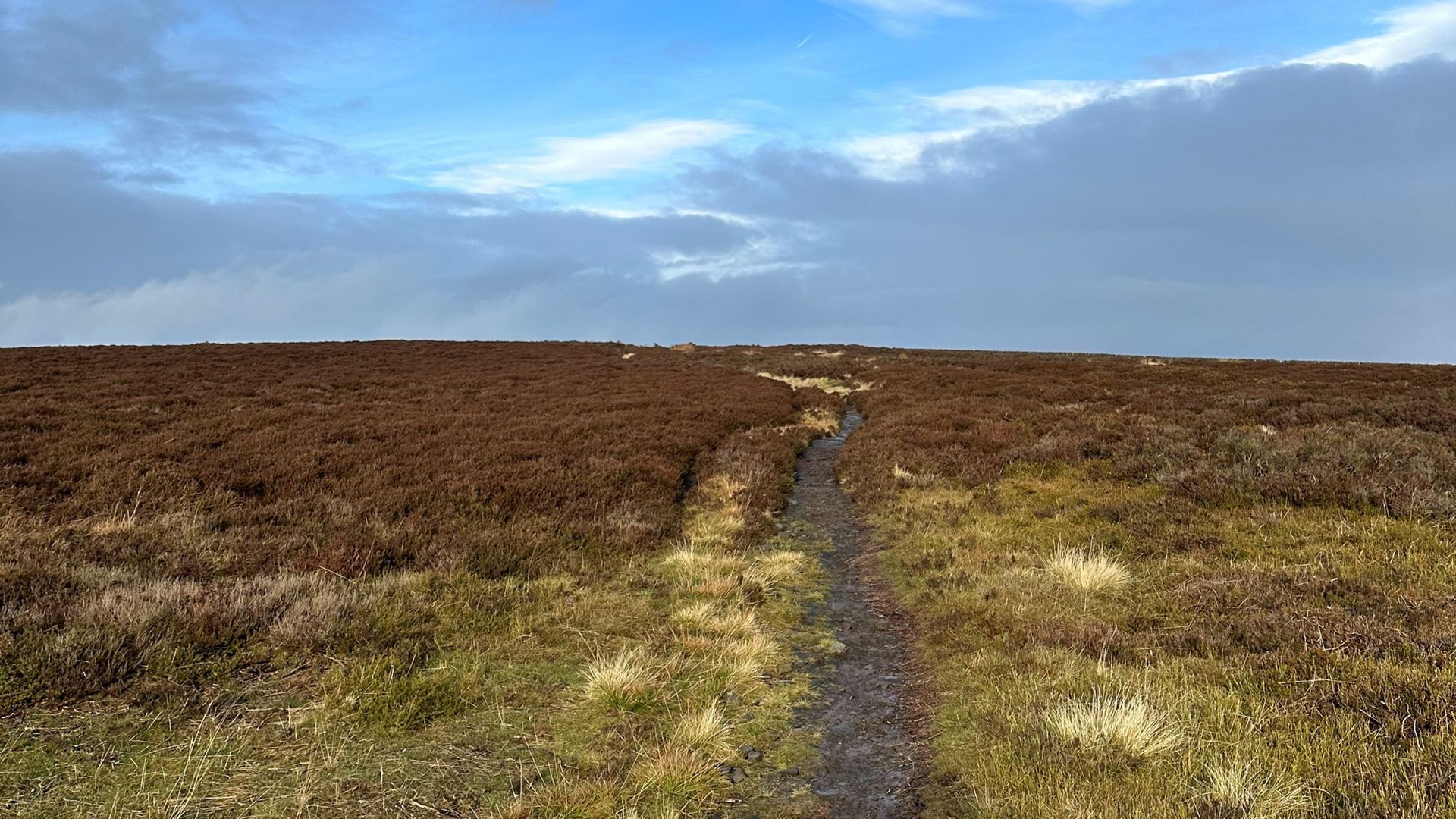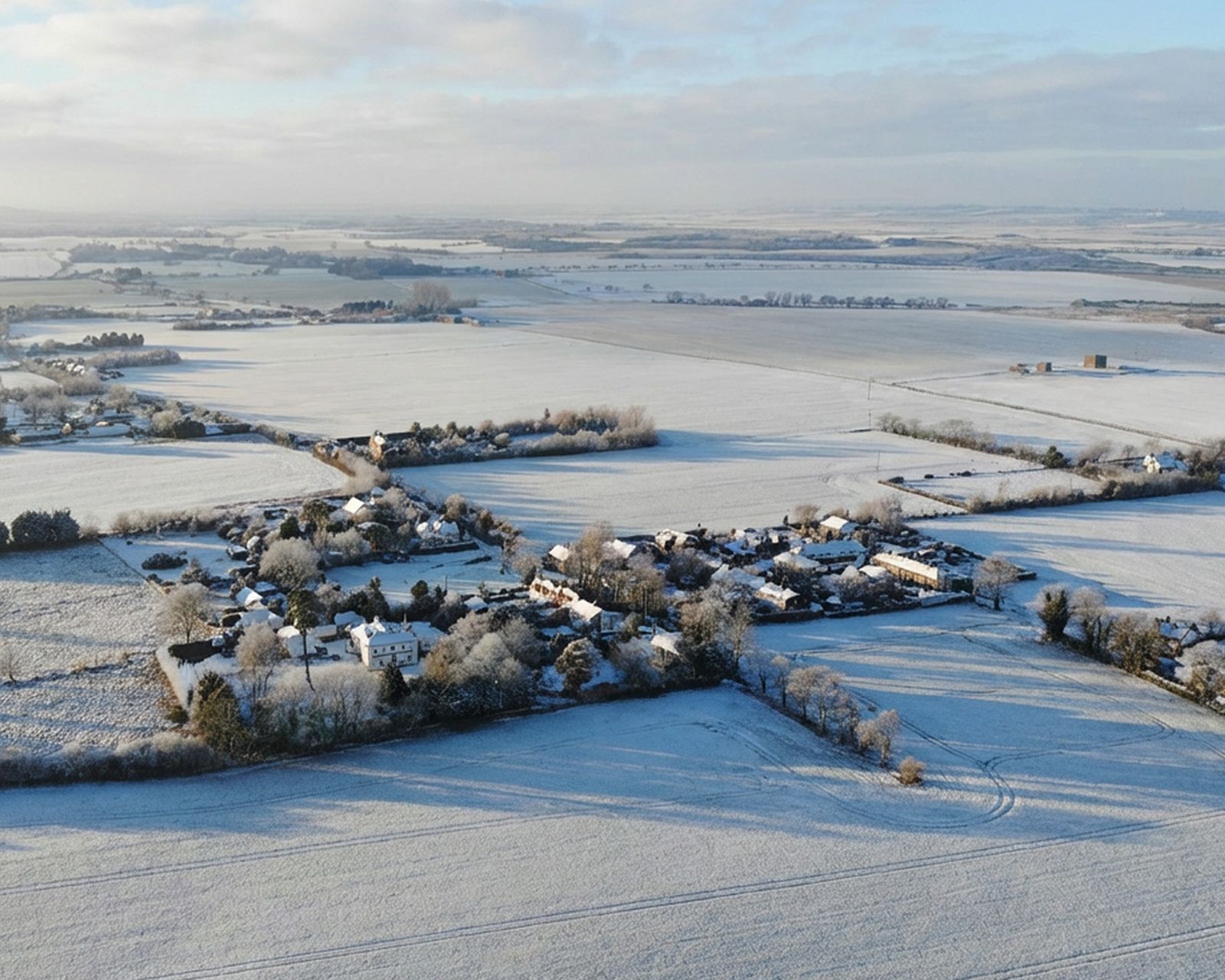Scale through aggregation
By Rob Hindle | 30.01.24
In his concluding article following our nature-based solutions rural roundtable at The Master's Lodge, Cambridge, Rob Hindle looks at why scale matters.

Rural Roundtable - nature-based solutions article #3
Scale through aggregation
"It’s no surprise that some of the leading land manager suppliers that have committed early to this market are doing so at whole farm or landscape scale."
Private finance is looking at minimum investment of £10 million.
Local authorities will be increasingly encouraged to direct regulatory generated funds for nature recovery towards strategic and landscape scale projects.
Land managers, of all kinds, need to work together to create the conditions necessary to attract these funds.
Views from around the table
Such were the opinions expressed by the twelve pioneers, practitioners and thought leaders at our autumn roundtable.
It’s no surprise that one of the first major private finance deals in the UK nature-based solutions sector was an investment in the so-called ‘aggregator’ The Environment Bank. Private funders need scale to make their investments worthwhile.
A measure of commitment
It’s no surprise either that some of the leading land manager suppliers that have committed early to this market are doing so at whole farm or landscape scale.
These sorts of initiatives are far better at delivering the bigger, better, and more joined up spaces that provide the best conditions to drive nature recovery. There will only be so many however, philanthropic, and grant-based funding will only get us so far.
A collaborative approach
How many farmers will be willing to ‘bet the farm’ on the emerging nature-based solutions markets?
How many landlords will be willing to let their farm tenants do so if they wanted to?
Scale then is a problem for the supply side of the emerging nature-based solutions market. Something that is best addressed through collaboration.
Collaboration has long been a challenge in the land based and farming sectors where people inherently focus quite literally within their ownership and tenancy boundaries.
All too often the biggest competitor has been the farm next door, or the landlord.
Collaboration will be one of the key routes for land managers to access the market for nature-based solutions in the future, however. We must all look for opportunities to support, enable and develop it.

What our guests had to say
Christopher Sparrow Founder of Recce Rural and National Capital Advisory commented:
“When we talk to buyers, and I tell them we are now representing farmers across a total land area of 240,000 hectares they immediately sit up and take notice. For the supply itself we know that not all our Members are going to be able to trade on day one so by introducing an equalisation mechanism we have been able to reward Members within each trading cell for the selling power they have created by agreeing to work together.”
As Head of Future Farming at the Duchy of Cornwall Heather Webb works with the Duchy’s farm tenants, land stewards, and natural capital team, she commented:
“As a let estate we need to work collaboratively with our tenant farmers. In this market [for nature-based solutions], we will be stronger together and can hopefully unlock market access that can add value to farm tenants’ businesses.”
Stay in touch
Find out more about our work in Regenerative Land Management. Stay in touch with Rural Solutions by following us on social media, subscribe to our newsletter or email us at info@ruralsolutions.co.uk.
To read the other articles in the series please follow the links below:
Early movers in the market for nature-based solutions driving nature recovery
We are using cookies to give you the best experience on our website. You can find out more about which cookies we are using on our cookie policy.


